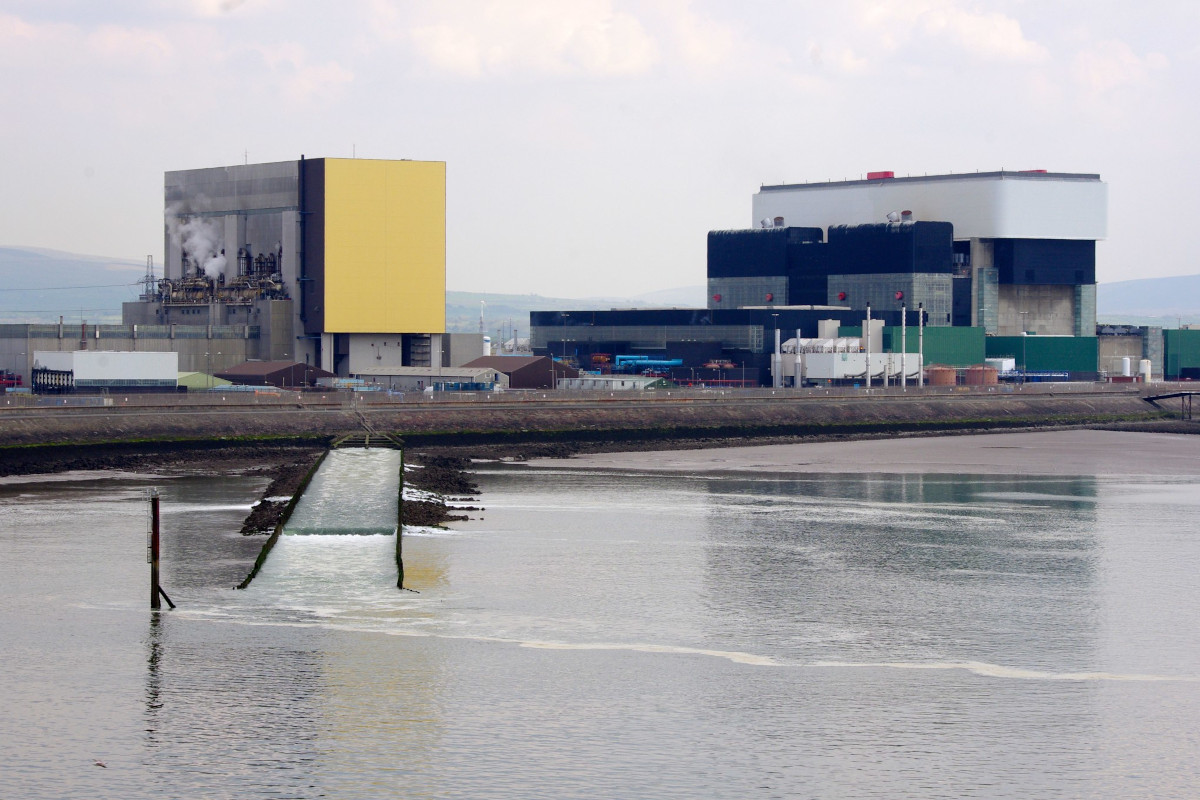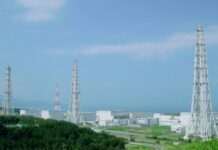
Nuclear experts at The University of Manchester have developed a roadmap which they say details the eight key actions required to assess the role of nuclear energy in the UK’s net zero future objectively
The 41-page position paper titled “Nuclear energy for net zero: a strategy for action”, sets out the steps needed to examine the possible roles for nuclear energy using an objective, well-developed economic assessment system, according to the group.
Authored by experts at The University of Manchester’s Dalton Nuclear Institute, said to be home to the largest and most advanced nuclear research capability in the UK, the paper considers nuclear in the context of the net zero challenge, in supporting the UK’s hydrogen ambitions and in delivering economic growth, through industrial development, jobs and in supporting the levelling up agenda.
It determines what policymakers and industry need to explore in order to take an informed decision based on a ‘best economics’ basis. This includes the development of advisory bodies, non-partisan modelling of the economic path, and the optimisation of R&D programmes.
Professor Francis Livens, director of The University of Manchester’s Dalton Nuclear Institute commented: “Net zero by 2050 is such a massive challenge for this country that it is really all hands to the pumps. The reality is we need to explore all these options and evaluate them on a level playing field and come to an objective decision about ‘does nuclear have a part to play in our energy future or not?’.
“Either way the UK needs to move fast to resolve this question and take any opportunity that is there. If it continues to prevaricate, any opportunity will certainly be lost.”
Co-author Professor Gregg Butler added: “We have developed this paper because we felt a responsibility as an impartial academic community to support our colleagues in government and industry. The UK has set a world–leading net zero target. But simply setting the target is not enough – we need to achieve it. Now is the time to take key actions which will determine the roles nuclear can play, recognising that they should only be adopted if they contribute to an optimised economic and environmental solution.
“We might know a lot about nuclear energy – but it’s got to be viewed as a candidate for helping to reach net zero – not as an end in itself.”
The paper has been co-authored by Dr William Bodel, Prof Gregg Butler and Prof Juan Matthews. You can read it here.







